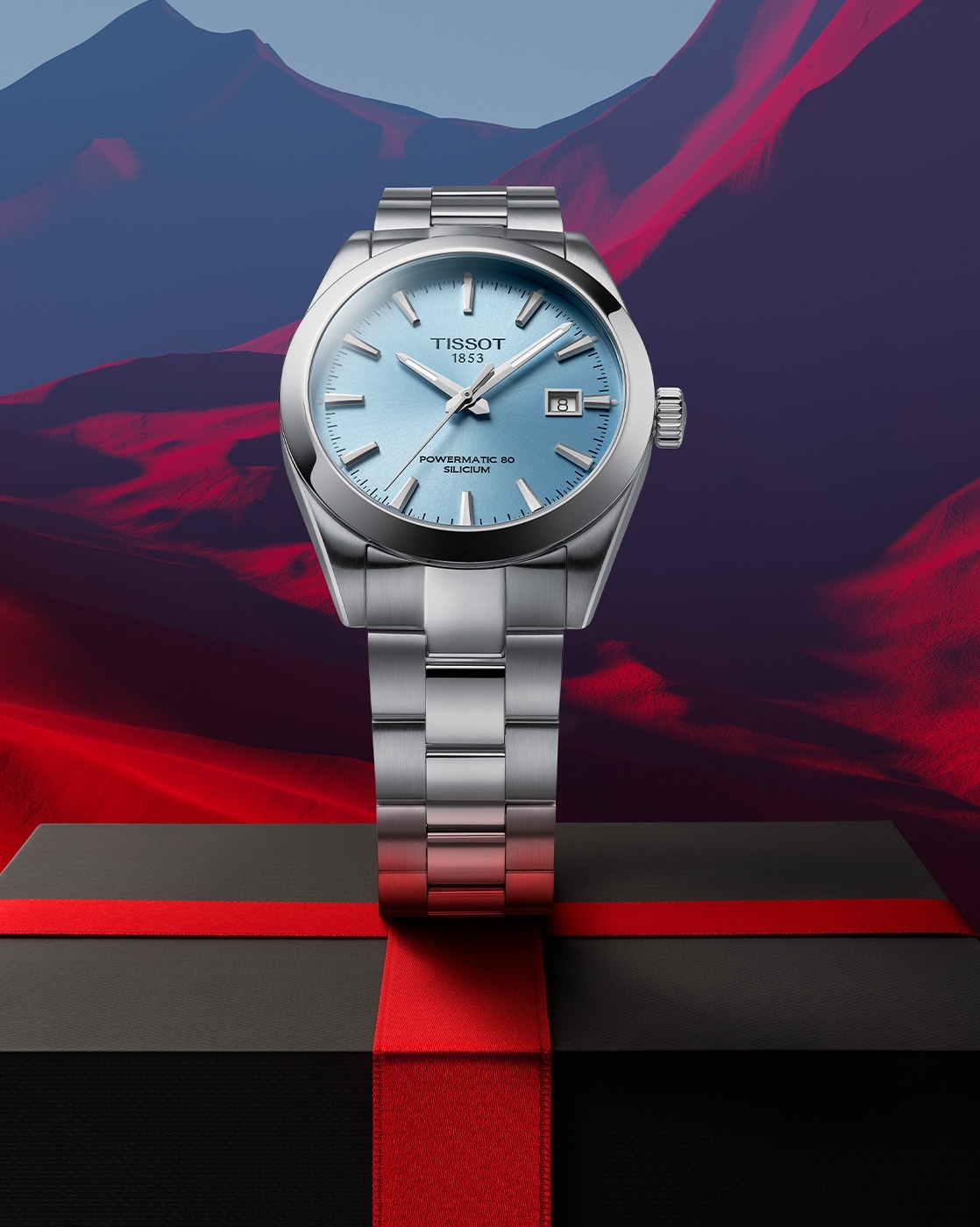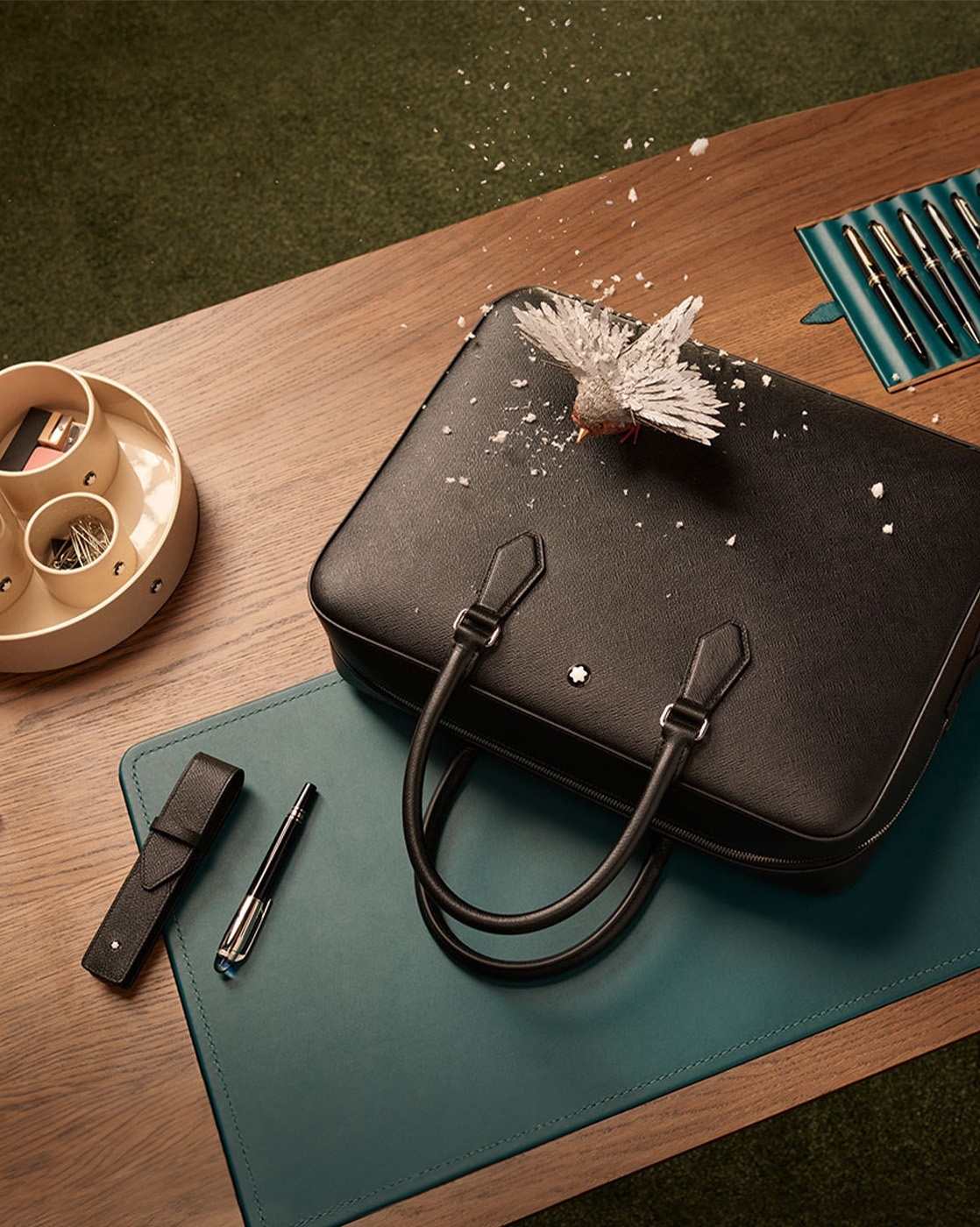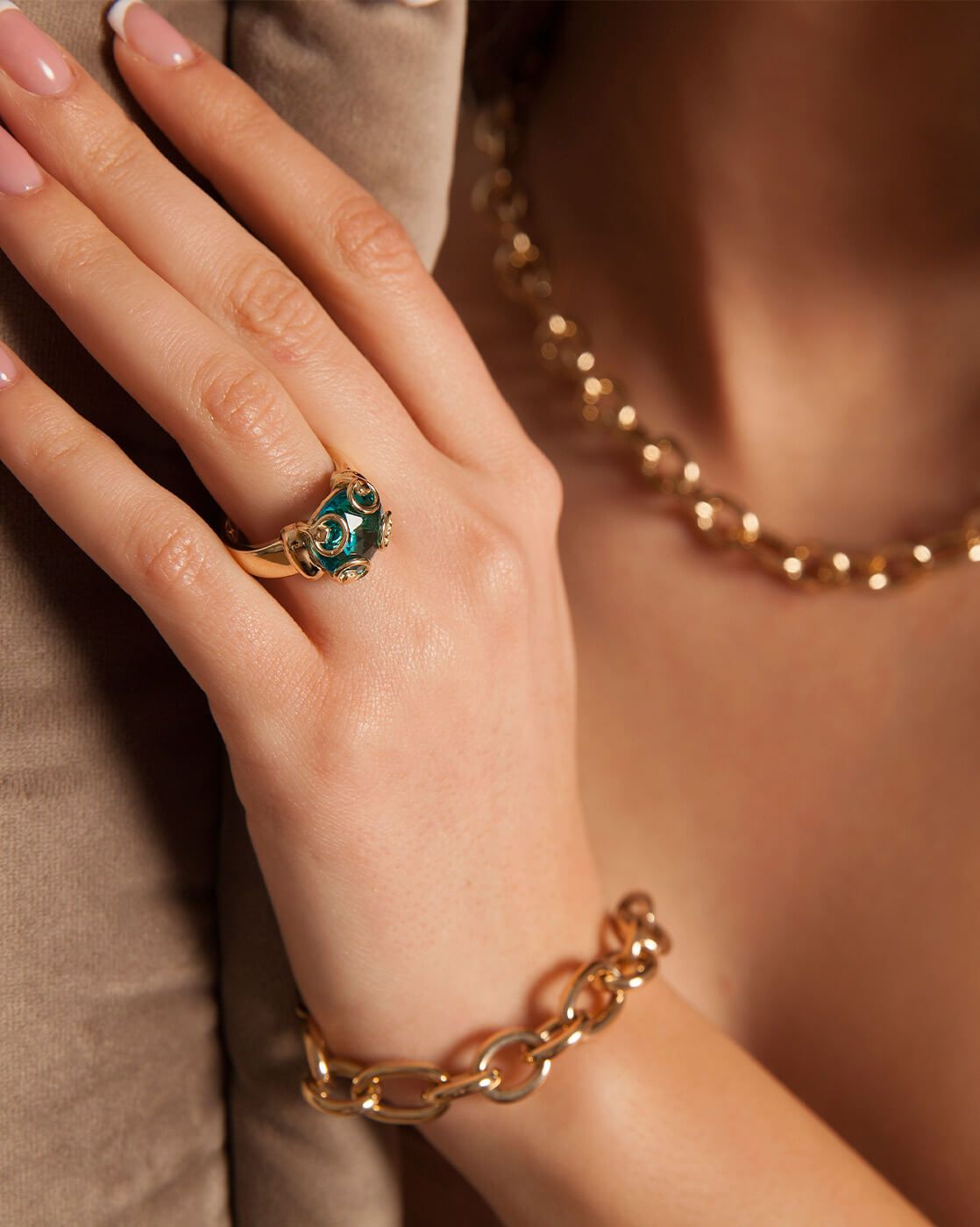Lens Materials
MR 8 Lenses
These lenses are also called MITSUI RESIN lenses and have a refractive index of 1.60. They are lighter, stronger and clearer optical lenses. MR 8 lenses are made of thiourethane resin which makes it possible to build thin eyeglasses with high impact resistance. Since they resist breaking and chipping, they are suggested for rimless frames as they are safe to use.
Plastic or CR 39
These lenses are made of cellulose acetate and can be tinted or colored for cosmetic appeal. CR stands for Columbia Resin and its 39th formula of a thermosetting plastic. The material is highly impact resistant, carries high transparency and multiple coatings are possible. The only drawback with these lenses is that they are easily prone to get scratched.
Polycarbonate Lenses
These lenses are made from derivatives of petroleum and plastic polymer and are 10 times more impact resistant than CR 39 lenses. The refractive index of polycarbonate lenses can be 1.59 and this provides an extra level of protection for users. These lenses are often used for children, sportswear and in rimless frames. All polycarbonate lenses are 100% UV protected.











